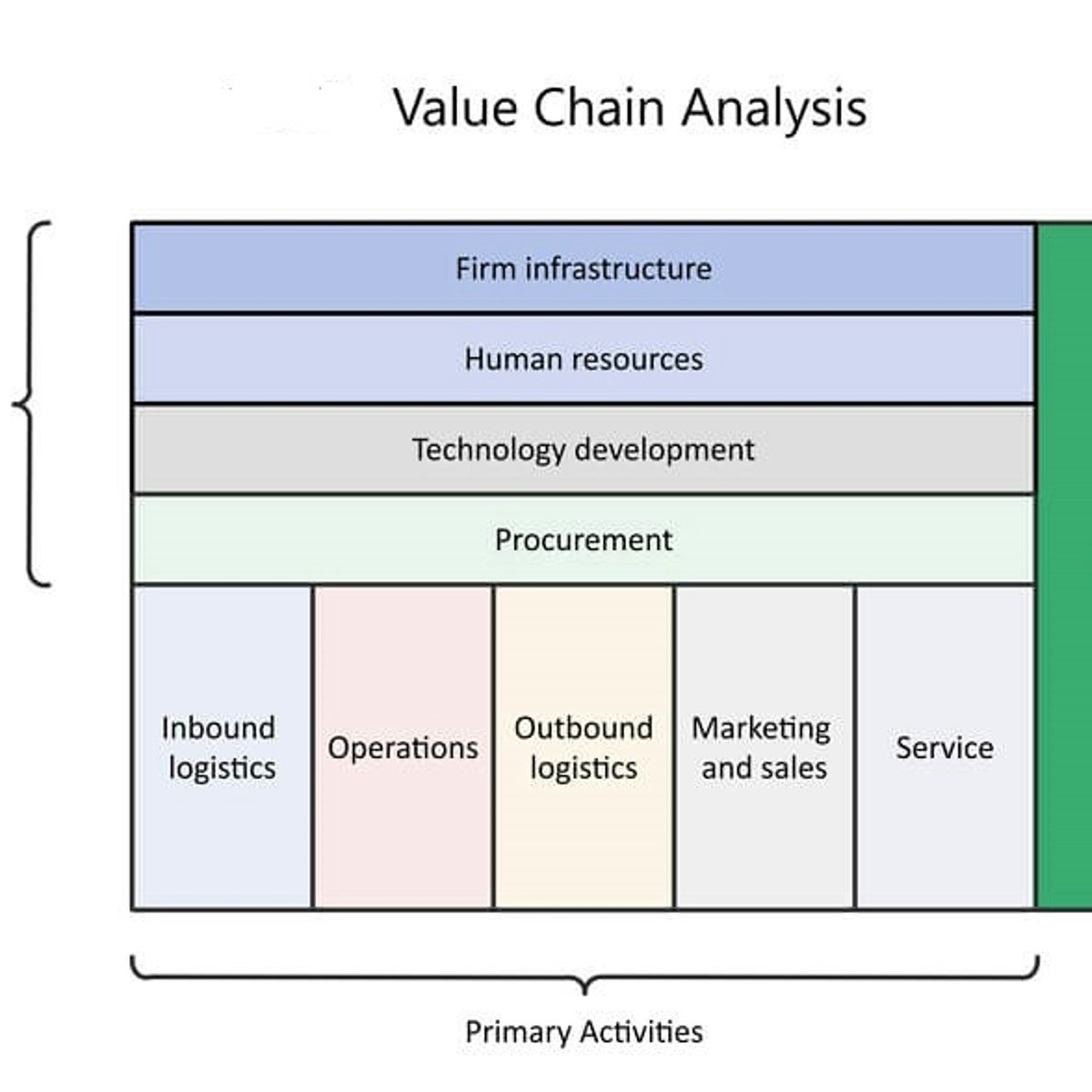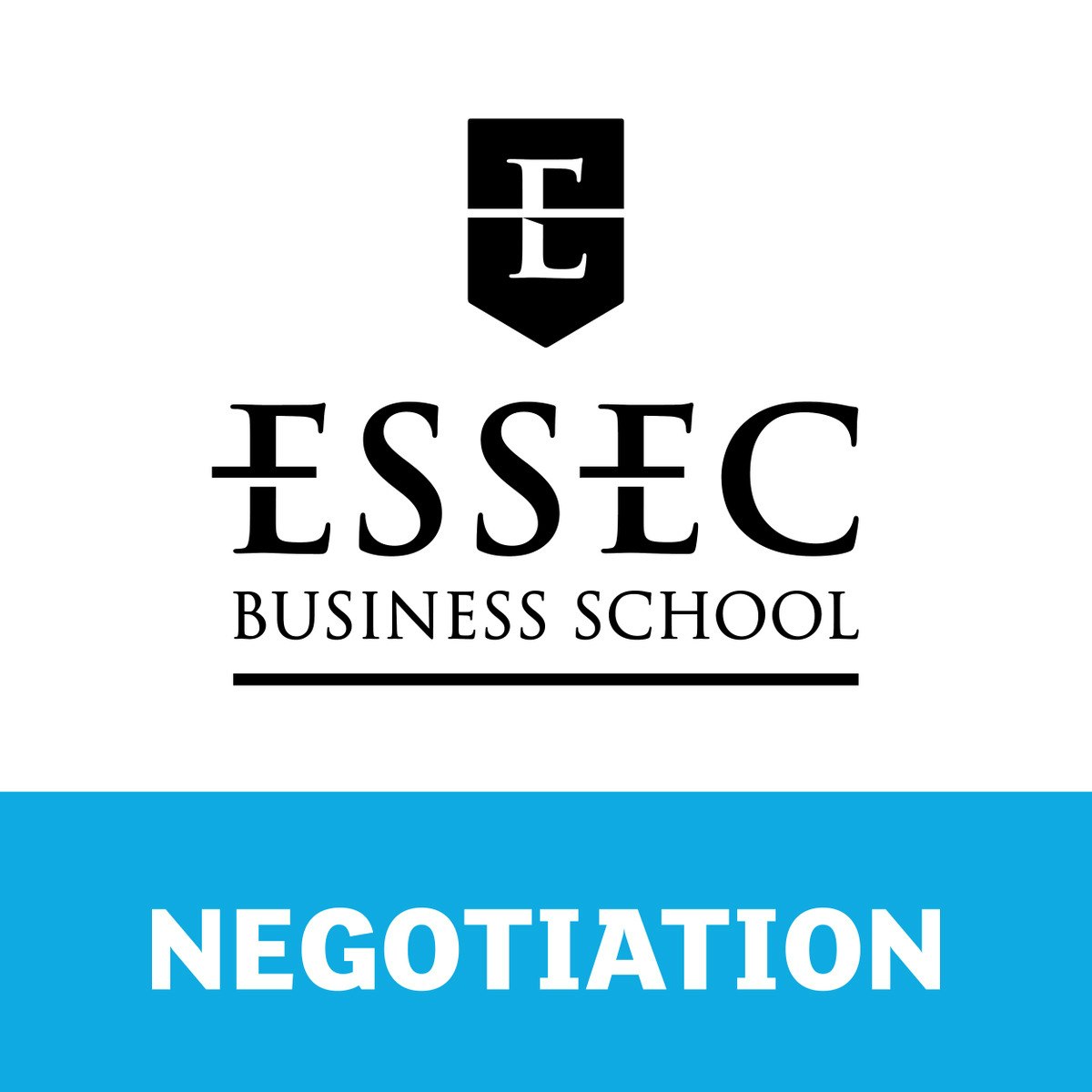Back to Courses









Leadership And Management Courses - Page 15
Showing results 141-150 of 600
Pricing Strategy in Practice
In this project-centered course, Darden's Ron Wilcox and BCG's Thomas Kohler will walk you through a real-world case, from problem statement to detailed analyses. You'll use all three lenses (cost, customer value, and competition) to recommend an optimal price—and then adjust to market disruptions. Utilizing the concepts, tools and techniques taught in previous Specialization courses—from basic techniques of economics to knowledge of customer segments, willingness to pay, and customer decision making to analysis of market prices, share, and industry dynamics—you will practice setting profit maximizing prices to improve price realization. You'll finish the course with a portfolio-building project that demonstrates your pricing prowess from this Darden School of Business at the University of Virginia and Boston Consulting Group course.

Procurement & Sourcing Introduction
After a warm Welcome to the Global Procurement and Sourcing Specialization, I will provide a brief introduction to the specialization and its courses covering the following:
-Instructor Biography
-Who should take this course
-Flow of the course
Following the introduction, the student will get the opportunity to learn about some of the current challenges facing procurement and sourcing professionals today through reading ten current articles ranging from what is procurement to how to collaborate with suppliers. These articles/knowledge will be a foundation for later courses on how to use tools, processes and improve skills to address many of these opportunities. There will be a brief assessment (true/false) of your knowledge gained from these articles.

The hidden value – Lean in manufacturing and services
Lean is a powerful methodology that enables managers and employees to shift their mindset and helps companies to keep their business sustainable by creating competitive advantage. Today, in an increasingly complex and dynamic world, where companies struggle to maintain competitive advantage, Lean is more important than ever.
This course combines the experience of many senior experts and practitioners from the Boston Consulting Group and École des Ponts, and brings perspectives on Lean in manufacturing and services. It offers strong topic foundation as well as deep practical insights into the art of continuous improvement.
In this course, you will learn:
- why Lean is a key driver for sustainable competitive advantage
- how different companies can leverage Lean to create value both in manufacturing and services
- what it takes to drive a Lean transformation and build a culture of continuous improvement
- how new technologies impact traditional lean practices

Customer Support digital transformation with HubSpot
In this 1-hour long project-based course, you will learn how to identify the concept of business digital transformation, as well as the different types of business digitization, how to determine the role of customer support in your company and identify the customer support processes, how define Customer Relationship Management (CRM) and interpret the importance of using it in your business context and how to customize your own CRM using the HubSpot CRM tool. It will also give you the know-how of evaluating the alignment between your customer support digital transformation and your existing business strategy.
Note: This course works best for learners who are based in the North America region. We’re currently working on providing the same experience in other regions.

Strategic Career Self-Management
According to the U.S. Bureau of Labor Statistics, in the current economy, Americans shift jobs every 4-5 years, which translates into 8-10 job transitions, including several career changes, over one’s life time. With competition for jobs on the rise, a person’s continuing employability and career success are increasingly defined by his or her mastery of individual career development and the ability to effectively "manage oneself" (P. Drucker).
In this course, you will learn how to think strategically and professionally about your career self-management. Through this course you'll develop an objective, external view of your marketable skills as a solid foundation for building a strong career brand. In particular, you'll be able to:
- explain why developing a protean and boundaryless career perspective based on transferable (portable) skills is advantageous for continuing employability and career growth;
- design your portable skills portfolio, identify and examine critically important competencies underpinning your transferable skills, and analyze your career self-management competency gaps;
- increase self-awareness, pinpoint your career goals, and envision your future work self;
- recognize the central role of self-management for developing transferable, marketable, skills and create a customized self-management information system (Career Development Lab) for ongoing personal development and professional growth;
- conduct a thorough, competency-based job analysis in your area of interest and examine practices of evidence-based, data-driven competitive employee selection;
-implement your newly developed skills for crafting effective selection criteria statements and refining your job applications.

Defining Diversity, Equity and Inclusion in Organizations
Defining Diversity, Equity, and Inclusion in Organizations is the first course of a four-course series. This course introduces the core definitions of diversity, equity, and inclusion and reasons why these efforts can often fail. We will also explore the elements for making the case for diversity and the concept of DE&I maturation where learners can assess their organization’s activities to determine where it may place on the DE&I continuum.
By the end of this course, you will be able to:
1. Provide a common understanding of the terms diversity, equity and inclusion and how can it be effectively implemented into an organization.
2. Understand how our changing demography will impact your organization, discover various arguments used to make the case for diversity and connect them to your organization's success.
3. Recognize the various levels of diversity in the DE&I continuum and where your organization may be.
4. Identify the common struggles with implementing DE&I initiatives and how to avoid the many ways diversity efforts fail.

Creating a Competitive Advantage with Value Chain Analysis
By the end of this guided project, you will be able to use the value chain analysis to create a competitive advantage for your company. Value chain analysis provides a structured approach of assessing where a company true value creation resides. The model is categorized into nine interrelated activities comprising of the primary and the secondary activities. Essentially, competitive advantage can be achieved through cost leadership or differentiation strategies. However, competitive advantage does not emerge by looking at a firm as a whole. It stems from the many discrete activities a firm performs in designing, producing, marketing, delivering, and supporting its product or service
For us to practically demonstrate how to use the value chain analysis to make strategic decisions, we will use a spreadsheet to analyze a Fast-Food company as a case study. Example of the case study would empower you to apply the model to your company or any other company of your choice. The project is for business leaders and entrepreneurs who want develop a systematic approach of analyzing their operations. Also, for strategist who are interested in helping companies to make informed strategic decisions. At the end of the project, you will be able to use the model to identify your cost drivers and device a strategy to optimize your operations for competitiveness

The Control Phase for the 6 σ Black Belt
This course is designed for professionals interested in learning the principles of Lean Sigma, the DMAIC process and DFSS. This course is number 7 of 8 in this specialization dealing with topics in the Control Phase of Six Sigma
Professionals with some completed coursework in statistics and a desire to drive continuous improvement within their organizations would find this course and the others in this specialization appealing.
Method of assessment consists of several formative and summative quizzes and a multi-part peer reviewed project completion regiment.
Leading Teams: Building Effective Team Cultures
In this foundational course, you will immerse yourself in the idea of building effective team cultures. You will explore different facets of team culture that are at the root of effective teams. You'll learn more about cultures of safety, engagement, and growth, so that you can lead your teams toward cultures that facilitate the most effective teamwork.
This course is part of Gies College of Business’ suite of online programs, including the iMBA and iMSM. Learn more about admission into these programs and explore how your Coursera work can be leveraged if accepted into a degree program at https://degrees.giesbusiness.illinois.edu/idegrees/.

International and Cross-Cultural Negotiation
All of us are aware that cultural differences are significant and that they affect how we interact with others in business and in leisure activities. But what is culture exactly, and how does it impact on negotiation, in particular?
This course will help you to be more precise about different dimensions of culture, from one region or country to another, while helping you to avoid simplifications, clichés and stereotypes. It will also lead you to a better overall awareness of your own culture.
In addition the course modules will guide you to a better understanding of when and how cultural differences are likely to influence the different dimensions of a negotiation - the people, problems and processes. Armed with that understanding, your awareness, preparation and strategy will be enhanced when you are faced with negotiators from cultures and regions different from your own. Your ability to anticipate and react, your negotiation flexibility, will be improved and refined.
The course also gives you a concrete look at quite different national and regional negotiation styles (we look at the French, Chinese, North American and Middle Eastern). In addition, an examination of negotiation in two multicultural settings (European Union institutions, on the one hand, and the recent COP 21 climate conference in Paris, on the other) highlights the importance of well-designed negotiation processes for getting both efficiency and fairness.
Popular Internships and Jobs by Categories
Find Jobs & Internships
Browse
© 2024 BoostGrad | All rights reserved